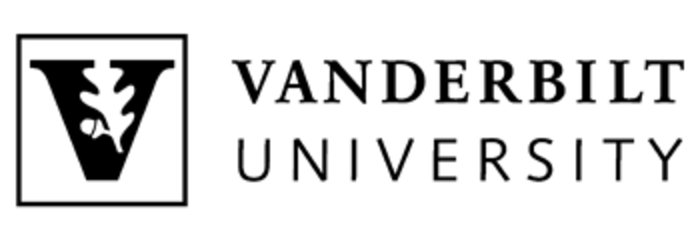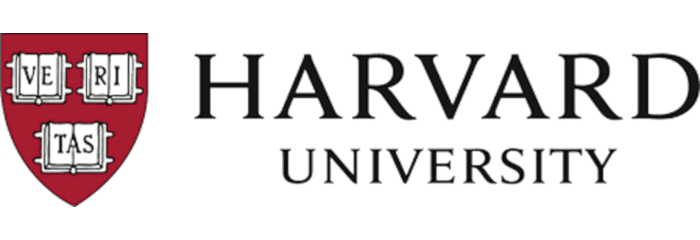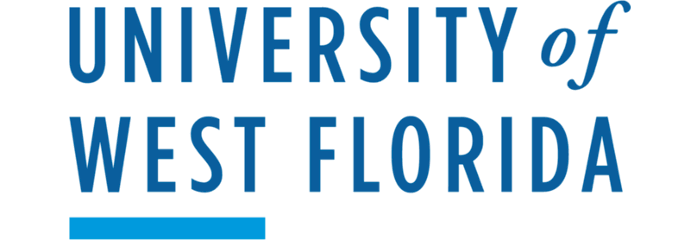
25 Best Master of Public Health (MPH) Programs 2020
This list highlights the best 25 colleges with a Master's Degree in Public Health, in order of highest median salary for graduates of the program one year after completion. Vanderbilt University is ranked #1 with a median salary of $104,300. MPH graduates of CUNY Hunter College had the lowest median debt of all the schools on this list, at $21,363. Starting median salaries for graduates from the top 25 schools range from $57,400-$104,300.
Tuition, median salaries, and median debt were reported by the U.S. Department of Education in November 2019. View our methodology for more details about these rankings or read more about the top-ranked schools.
| School | Annual Tuition | Median Debt | Median Salary |
|---|---|---|---|
| Vanderbilt University | $53,722 | Not Reported | $104,300 |
| Harvard University | $53,760 | $44,458 | $94,700 |
| The University of West Florida | $24,894 | $29,390 | $78,200 |
| Arcadia University | $27,674 | Not Reported | $75,000 |
| University of California - Los Angeles | $28,424 | $51,515 | $71,500 |
| University of California - Berkeley | $29,578 | $39,559 | $68,900 |
| University of Minnesota | $30,425 | $49,955 | $68,000 |
| Yale University | $46,900 | $46,428 | $63,700 |
| University of Iowa | $31,511 | $47,311 | $63,100 |
| Lake Erie College of Osteopathic Medicine | $14,511 | $171,303 | $62,800 |
| The George Washington University | $33,984 | $68,300 | $62,400 |
| Tufts University | $55,280 | $97,561 | $62,100 |
| Johns Hopkins University | $62,962 | $63,000 | $61,900 |
| University of Washington - Seattle | $31,530 | $53,500 | $61,400 |
| Columbia University in the City of New York | $54,627 | $68,626 | $60,900 |
| CUNY Hunter College | $20,828 | $21,363 | $60,700 |
| Hofstra University | $29,280 | $42,343 | $60,600 |
| Benedictine University | $20,239 | $53,724 | $59,900 |
| Oregon Health & Science University | $28,863 | $58,522 | $59,800 |
| Northwestern University | $53,024 | $139,944 | $59,600 |
| University of Pennsylvania | $44,162 | $71,000 | $59,200 |
| University of North Carolina at Chapel Hill | $30,819 | $54,080 | $58,900 |
| University of Connecticut | $43,174 | $41,000 | $58,500 |
| Oakland University | $24,648 | $37,968 | $58,300 |
| University of Massachusetts - Amherst | $33,750 | $31,330 | $57,400 |
2020 Best Colleges Highlights

Vanderbilt’s two-year interdisciplinary, CEPH-accredited Master of Public Health program offers tracks in Epidemiology, Global Health, and Health Policy.
In the Epidemiology track, core courses provide students with foundations in biostatistics, social and behavioral science, environmental science, public health systems, and research ethics, in addition to epidemiology. Students in this track also complete a thesis and 240 hours of public health practicum in placements such as the Agency for Healthcare Research and Quality, the Center for Disease Control and Prevention, the Veterans Administration, and many other health and social service agencies.
For those in the Global Health track, courses include the same core as epidemiology, as well as Foundations of Global Health, Essential Skills in Global Health, and Leadership, Policy and Management in Public Health. A thesis is also required, as well as 400 hours of public health practicum in placements such as Lwala Community Alliance, World Health Organization, or Partners in Health/Compañeros En Salud.
Finally, in the Health Policy track, Health Economics, U.S. Health Policy, and Decision Analysis are added to the core courses. A minimum of 240 practicum hours in settings such as hospitals, managed care organizations, consulting firms, advocacy organizations, non-governmental agencies, and public health departments are required, as well as a thesis, capstone project, a journal article, a policy document, or a program evaluation plan. Dual degree options include an MD/MPH degree, an MPH/MEd International Education Policy and Management degree, and an MPH/MA Latin American Studies degree.

Harvard’s Chan School offers several methods for students to pursue a Master of Public Health, whether they’re an established public health professional, a medical doctor, or completely new to the field. Harvard seeks to instill what they call “T-shaped” competencies, which provide students with a significant depth of knowledge in an area of specialty paired with a breadth of knowledge across several disciplines and fields of inquiry.
There are two formats in which the MPH is offered, with the 45 credit option catering to those who already have a graduate degree, have completed a primary clinical year as a medical or dental student, or five years of relevant work experience. The other option is the 65 credit MPH for those with two years of post-baccalaureate work experience in a relevant field, allowing for completion in three semesters with a summer practicum experience.
There are eight fields of study to choose from in the 45 credit option: Clinical Effectiveness, Epidemiology, Global Health, Health and Social Behavior, Health Management, Health Policy, Occupational and Environmental Health, and Quantitative Methods. Of these eight, only Epidemiology is offered through an online option. Those in the 65 credit track can choose from Health and Social Behavior, Health Management, Health Policy, and Nutrition. Harvard also offers numerous dual/joint degree options, including a combined degree for students already enrolled in accredited MD, DO, DMD, and DDS programs, as well as those accepted in Harvard Law School who are interested in pursuing an MPH in addition to a JD.

The Master of Public Health program through the University of West Florida is provided to students entirely online and offers concentrations in Health Promotion, Education, & Behavior, Global Health, or a Generalist concentration. Foundational courses include the study of biostatistics, epidemiology, public health policy, social and behavioral sciences, and environmental health. Elective course availability depends on the concentration chosen by the student and may include such subjects as global health, bioterrorism, disease surveillance and monitoring, environmental toxicology, legal fundamentals of healthcare, and accident investigation and risk management.
All students in the MPH program must complete a practicum that gives them the opportunity to interact with health professionals and participate in real-world public health projects. The minimum hour requirement for a practicum project is 180 total on-site work hours, and students must have a qualified mentor/preceptor to guide them through the practicum experience. Internship opportunities through UWF are bolstered by established relationships with state public health facilities, area hospitals, and the military. Students are also required to complete and pass the MPH Comprehensive Exam, which assesses’ their competency in the five foundational areas.
To be accepted into the program, applicants must submit transcripts, a statement of career goals, one personal writing sample, and three letters of recommendation.

Arcadia University’s Master of Public Health program prepares students for professions in community public health and places an emphasis on five core areas: epidemiology, biostatistics, environmental health, healthcare administration, and social and behavioral sciences. Students are taught a general skill set that can be applied in a variety of settings, whether they enter the public health field as a researcher, evaluator, educator, program planner, or something else.
The curriculum incorporates internships for first-hand experience, as well as capstone projects to integrate practice and research, and students are encouraged to build theirs around a specific interest area so as to help them develop a specialized knowledge base related to those interests. There are also options for students to pursue dual degrees, including programs in physical therapy, counseling, physician assistant, and international peace and conflict resolution. Core courses include Environmental Health: Impact of Community Health, Health Care Systems and Public Health Policy, and Achieving Health Equity.
Students may choose from electives such as Human Sexuality, Nutrition Concepts and Controversies, Global Health Communications, and others, as well as examinations of such contemporary health topics as disaster preparedness, violence and injury prevention, sexual and gender minority health issues, and death and dying. The MPH program is accredited by the Council on Education for Public Health, and students are eligible for the National Credentialing Exam in Public Health after completion of 21 credits or after completion of the degree.

The Fielding School of Public Health at UCLA offers a fast-paced two-year Master of Public Health for Health Professionals program. Classes are one or two weekends per month and provide advanced executive-style training in areas of community health, health education, and health promotion. Core courses include Biostatistics, Epidemiology, Environmental Health, and Health Policy and Management.
As part of the MPH degree, students must complete a 400-hour internship or a master’s project/thesis. The master’s project must be completed over a one-year period, include original work, and address general or specific questions, with the final paper read and critiqued by the project supervisor as well as an additional faculty reader. Any study that involves human subjects must receive approval from the Human Subjects Committee prior to undertaking the study, as well as consultation with an advisor.
Before completing the MPH, all students must pass the department’s comprehensive exam, designed to test students’ competence in basic knowledge and skills taught as part of the degree curriculum. With a combination of in-class sessions and distance learning education, working professionals are able to maintain their full-time working schedule and professional income. The program also features a cohort structure; students complete each quarter with the same group of students. The school’s 200 faculty members are experts, leaders, and innovators in the field at the state, national, and international level, contributing their knowledge and expertise to legislators and public health leaders.